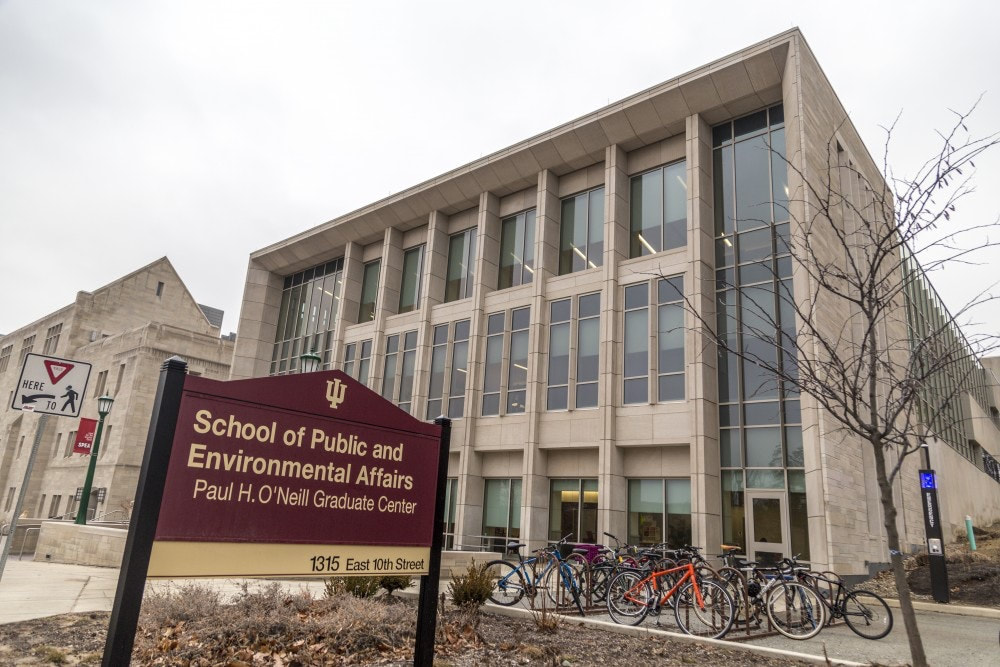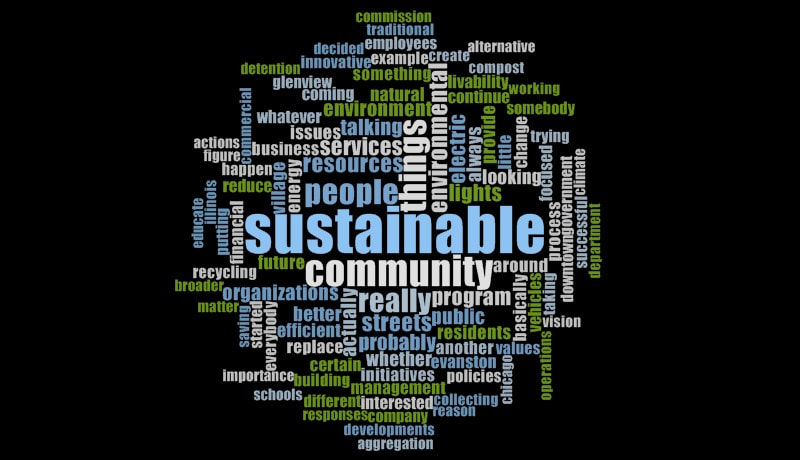|
As climate change challenges the sustainability of existing water supplies, many cities must transition toward more sustainable water management practices to meet demand. However, scholarly knowledge of the factors that drive such transitions is lacking, in part due to the dearth of comparative analyses in the existing transitions literature.
This study is the starting point for a recent $1.5 million National Science Foundation grant my team from Arizona State University, Vanderbilt and the University of Nevada Reno recently received. The study seeks to identify common factors associated with transitions toward sustainability in urban water systems by comparing transitions in three cases: Miami, Las Vegas, and Los Angeles. For each case, we develop a data-driven narrative that integrates case-specific contextual data with standardized, longitudinal metrics of exposures theorized to drive transition. We then compare transitions across cases, focusing on periods of accelerated change (PoACs), to decouple generic factors associated with transition from those unique to individual case contexts. From this, we develop four propositions about transitions toward sustainable urban water management. We find that concurrent exposure to water stress and heightened public attention increases the probability of a PoAC (1), while other factors commonly expected to drive transition (e.g. financial stress) are unrelated (2). Moreover, the timing of exposure alignment (3) and the relationship between exposures and transition (4) may vary according to elements of the system’s unique context, including the institutional and infrastructure design and hydro-climatic setting. These propositions, as well as the methodology used to derive them, provide a new model for future research on how cities respond to climate-driven water challenges. Over the next four years, we will be working to scale up this approach to additional cities.
2 Comments
|
AuthorI work as an Assistant Professor at the O'Neill School of Public and Environmental Affairs at Indiana University Bloomington. There, I direct the MGMT Lab. Archives
January 2023
Categories |


 RSS Feed
RSS Feed
